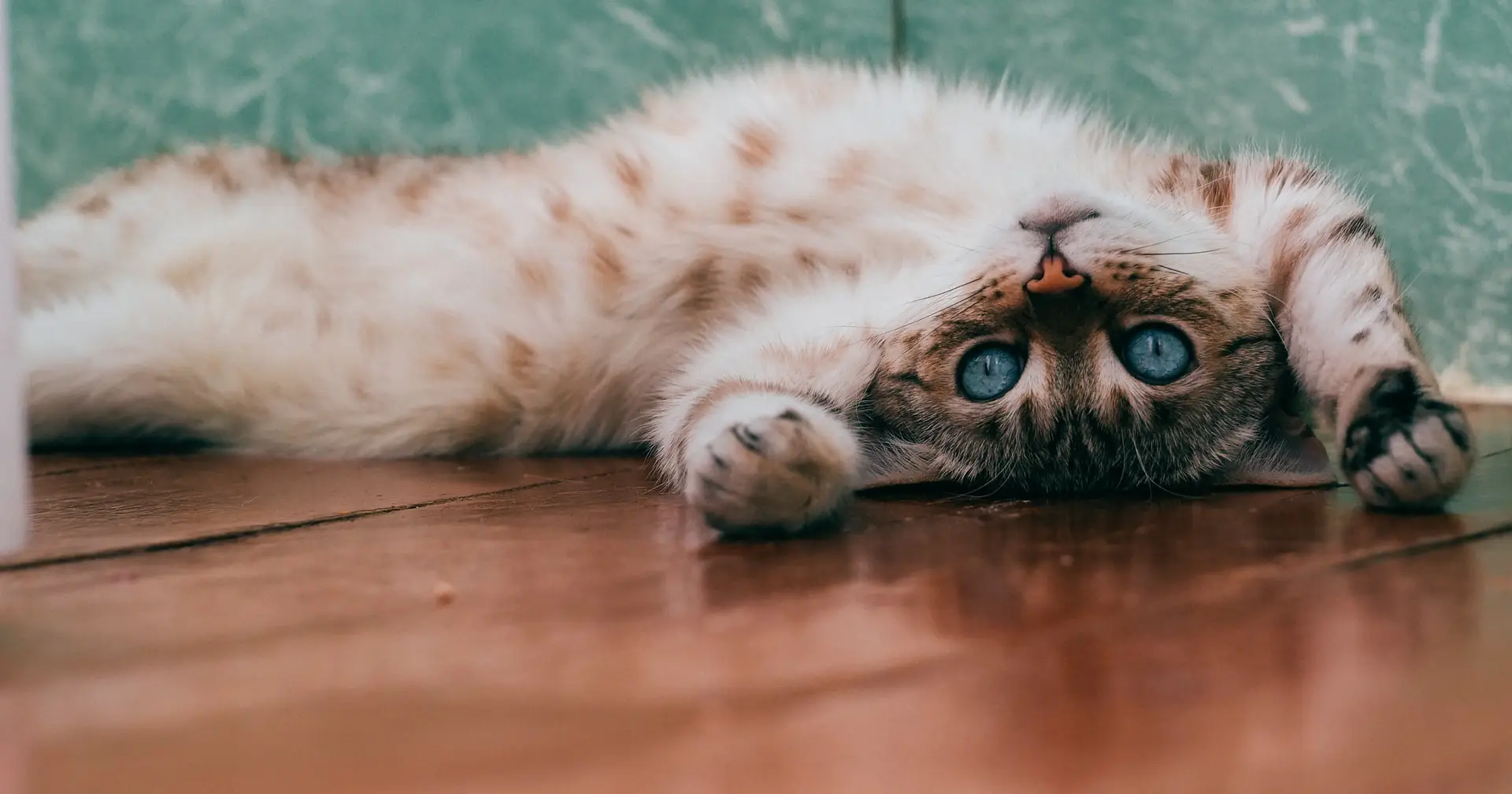A Polish scientific institute has classified domestic cats as an “invasive alien species,” noting the damage they cause to birds and other wildlife.
The reaction from some cat lovers has put the study’s lead author on the defensive.
Wojciech Solarz, a biologist at Poland’s state-run Academy of Sciences, was unprepared for the public criticism that followed his decision to include “Felis catus,” the scientific name for domestic cats, in the national database run by the Conservation Institute. The nature of the academy.
Solars told The Associated Press Tuesday that the database already has 1,786 other species listed without objection.
However, “Invasive Alien Species” number 1787 corresponds to a creature so beloved that it is often honored in cemeteries in Poland dedicated to dogs and cats.
Solars noted what he said was a growing scientific consensus about the negative impact of domestic cats on biodiversity, given the number of birds and mammals they hunt and kill.
He said the criteria for inclusion of a cat in the invasive alien species category is “100% met by the cat”.
“Is humans also on the list of invasive alien species?”
In an exchange of arguments on independent TVN, a biologist argued with a veterinarian who challenged Solares’ conclusion about the dangers cats pose to wildlife.
Dorota Sominska, author of the book “The Happy Cat,” points to other reasons for the decline in biodiversity, including environmental pollution and urban building facades that can kill birds when they fly.
“Ask yourself if humans are on the list of invasive alien species,” Sominska said, arguing that cats are being unjustifiably blamed.
Solars told the Associated Press that some media reports created a false impression that the institute was advocating euthanasia.
Earlier this month, his institute published a text on its website, citing the “controversy” and seeking to clarify its position. The institute stressed that it “opposes any cruelty to animals” and argued that its classification was in line with European Union guidelines.
As for classifying the cat as exotic, the institute indicated that “Felis catus” was domesticated about ten thousand years ago in the cradle of the great civilizations in the ancient Middle East, which makes the species alien to Europe long ago. A purely scientific point of view.
The institute also stressed that all it recommends is that cat owners limit the time their animals spend outside during the breeding season.
“I have a dog, but I don’t have anything against cats,” Solarz confirmed.

“Hardcore alcohol maven. Hipster-friendly analyst. Introvert. Devoted social media advocate.”

